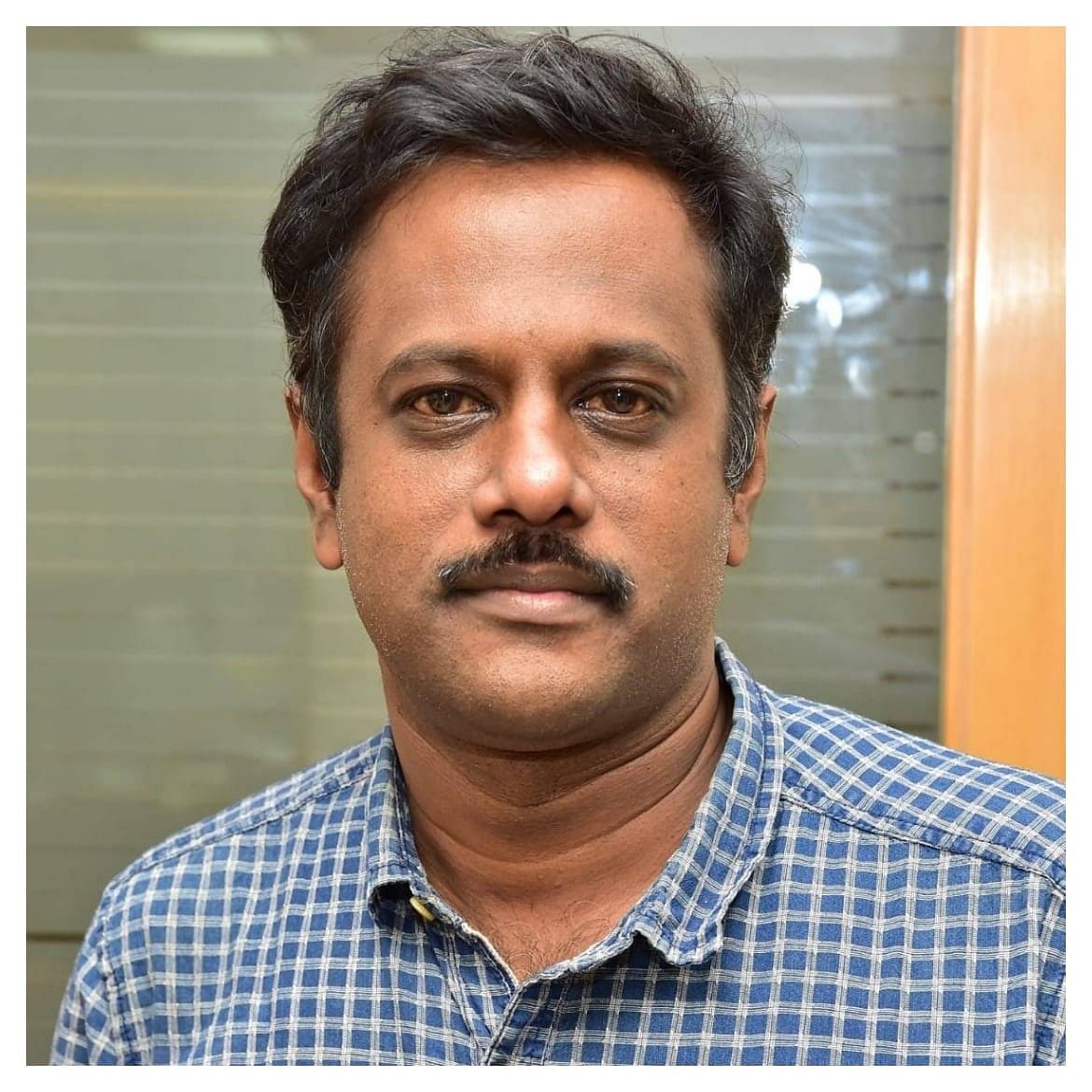Will whistleblowing turn scary?
Abhijit Ghosh, now retired, learnt it the hard way. He blew the whistle on corruption by the Chairman and Managing Director of Central Bank of India where he was General Manager.
His cover was blown by none other than the Central Vigilance Commission. His complaint to the CVC was forwarded to his boss against whom he had complained. A long spell of harassment followed with Ghosh remaining in suspension.
He was reinstated in service just two days before his retirement in March 2010. The bank spent Rs 69.2 lakh for lawyers to fight against Ghosh. “…Why are the ones I raised a voice against sitting comfortably and it is me who is running from pillar to post?” he had then said.
Supreme Court had assembled on the morning on September 15 and there was speculation all over about the case involving CBI Director Ranjit Sinha’s meetings with controversial visitors at his official residence. What will happen? What is in the minds of the judges? Sinha had questioned lawyer Prashant Bhushan’s argument that he could not reveal his source as he is a whistleblower.
The officer had also contested the legality of the petition seeking his recusal in 2G and coal scam cases, saying the submission of a “privileged” government communication (between Sinha and then Special Prosecutor U U Lalit, now a Supreme Court judge) without permission was not proper. An adverse remark while commenting on Sinha’s affidavit would have made the IPS officer’s case weak. Only the week before, the apex court had insisted on an affidavit after Sinha appeared keen on giving only oral submissions.
The case – filed by Centre for Public Interest Litigation (CPIL) – was called and the bench headed by Chief Justice-designate H L Dattu started firing queries. While whole focus was on Sinha, the apex court was pondering on other facets of the case. It was not satisfied with Bhushan’s affidavit as it was not in conformity with its needs. "Put name of the whistleblower in a sealed envelope. Once we realise that there is no hanky-panky, then we would consider what type of probe is to be done," the Bench told Bhushan.
A stunned Bhushan opposed it saying, "I can put my life at stake on the issue that register is genuine. It is impossible to fabricate it. I can guarantee that it is genuine register which was maintained at the gate." Bhushan had been steadfastly refusing to name the source, arguing that his source was a whistleblower and his identity needed to be protected. But Sinha argued that the case did not come under the ambit of the Whistleblower’s Act as there was no threat to the life of the source who provided Bhushan the controversial visitor’s register. The court order brought glee in Sinha's camp.
The CBI director has been asking the court from day one to get the name of the source. Bhushan had told Deccan Herald last week that Sinha would “naturally be interested” to know who is the source of the diary. Sinha, reports claimed, had stepped up efforts to know whether his colleagues in the CBI had leaked the diary.
However, Bhushan on September 18 told the court through an affidavit that he would not identify the whistleblower, who may be in trouble after the disclosure. In the affidavit filed on behalf of lawyer Kamini Jaiswal, general secretary, Centre for Public Interest Litigation (CPIL), Bhushan cited several instances where the Supreme Court went ahead with petitions like those in Jain hawala diary, Niira Radia tapes and some in 2G without asking for the source of the information available with petitioners.
Killed activists
Activists fear that the whistleblower in this case would end up as another Ghosh. They also cited the instance of Satyendra Dubey, who was murdered after his complaint to Prime Minister’s Office on irregularities in highway projects in 2003. S Manjunath lost his life in 2010 for fighting petroleum adulteration, Amit Jethwa for fighting against illegal mining in Gir forests and Shashidhar Mishra for filing RTI on corruption in panchayat were other whistleblowers who lost lives among others.
A section felt that the Supreme Court order would set a bad precedent. What is important is the information and not the informant, they argued.
Eminent persons like activist Aruna Roy and former Information Commissioner Shailesh Gandhi shot off an open letter to Chief Justice of India R M Lodha expressing their concern over the order. Among other things, they wanted the court to order Special Investigation Team to go through the records of the CBI to see if any link can be established between the supposed visits and the CBI’s investigations subsequently.
The Supreme Court may be well in its right to ask for the source. The court would also keep its confidentiality if it chooses to. But it will set a wrong precedent when the same court had earlier chose to not to bother about the source in high-profile corruption cases. The general fear is that the order may result in creating fear among whistleblowers in the officialdom.
An officer would prefer to remain anonymous when complaining about a colleague or his superior for lawless acts. Once the confidence on confidentiality is eroded, a number of upright officials and potential whistleblowers may desist from taking the risk. That may corrode the fight against corruption as nobody would become a whistleblower. Like any other body – be it the Supreme Court, Chief Vigilance Commission or a strong Lokpal – a whistleblower plays an integral part in the fight against corruption. They should be protected at any cost.
Deccan Herald is on WhatsApp Channels| Join now for Breaking News & Editor's Picks
